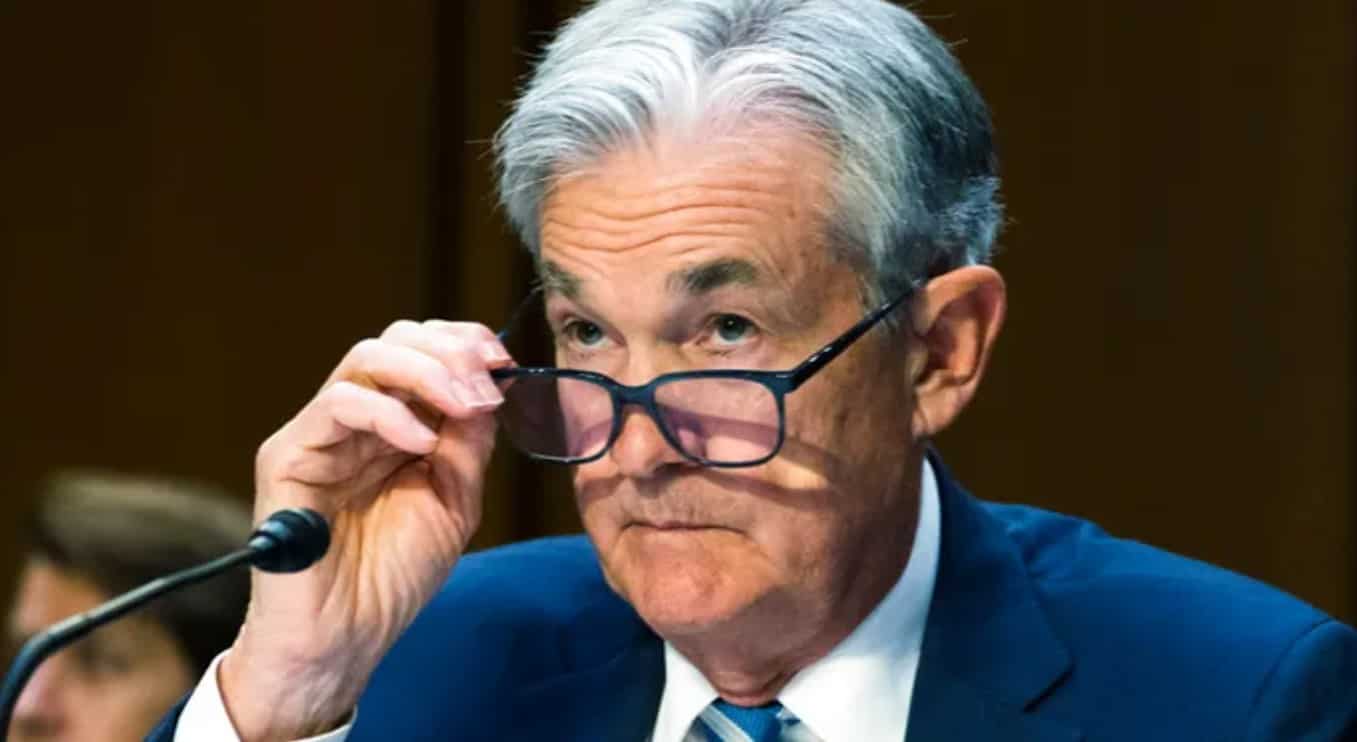Federal Reserve Chairman Jerome Powell conceded on Thursday that aggressive interest rate hikes as part of the U.S. central bank’s war on inflation could cause some Americans to lose their jobs.
Powell – who was testifying before the House Financial Services Committee as part of a regular, semi-annual update on monetary policy – said it is “certainly possible” to control inflation without causing unemployment to rise, but suggested that may not be the case.
“There is a risk that unemployment will move up, from what is a historically low level though,” the Fed head said.
Economic projections from the Fed’s June meeting show that officials expect the national unemployment rate to climb slightly over the next two years, rising from the current rate of 3.6% to 3.9% at the end of 2023 and 4.1% at the end of 2024. Powell said that an unemployment rate of that level would “still be very strong,” though it means some workers could be laid off.
His testimony comes just one week after the Fed voted to raise interest rates by 75 basis points for the first time since 1994, underscoring how serious policymakers are about tackling the inflation crisis after a string of alarming economic reports. The move puts the key benchmark federal funds rate between 1.50% and 1.75%, the highest since the pandemic began two years ago.
Powell told reporters at a press conference following the meeting that another increase of 75 basis points or 50 basis points is on the table for July as officials race to catch up with runaway inflation. Officials expect the benchmark federal funds rate to hit 3.4% by the end of the year and 3.8% by the end of 2023, a big increase from their March projections.
But the Fed’s policies to hamper consumer demand and tame inflation are expected to slow the economy, with a growing number of Wall Street firms forecasting a recession in the next two years. Goldman Sachs, Bank of America and Deutsche Bank have all raised the odds of a downturn in 2022 or 2023, and Powell has conceded there’s a real possibility of a recession.
Hiking interest rates tends to create higher rates on consumer and business loans, which slows the economy by forcing employers to cut back on spending. Mortgage rates are already approaching 6%, the highest since 2008, while some credit card issuers have raised their rates to 20%.
While the central bank is hoping to orchestrate a soft landing – the sweet spot between taming consumer demand and inflation without crushing economic growth – Powell admitted the task is becoming increasingly difficult as inflation continues to surprise to the upside.
“It’s certainly a possibility,” Powell told lawmakers on Wednesday. “We are not trying to provoke and do not think we will need to provoke a recession, but we do think it’s absolutely essential that we restore price stability, really for the benefit of the labor market, as much as anything else.”

